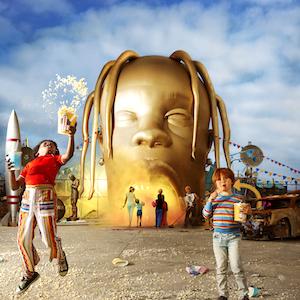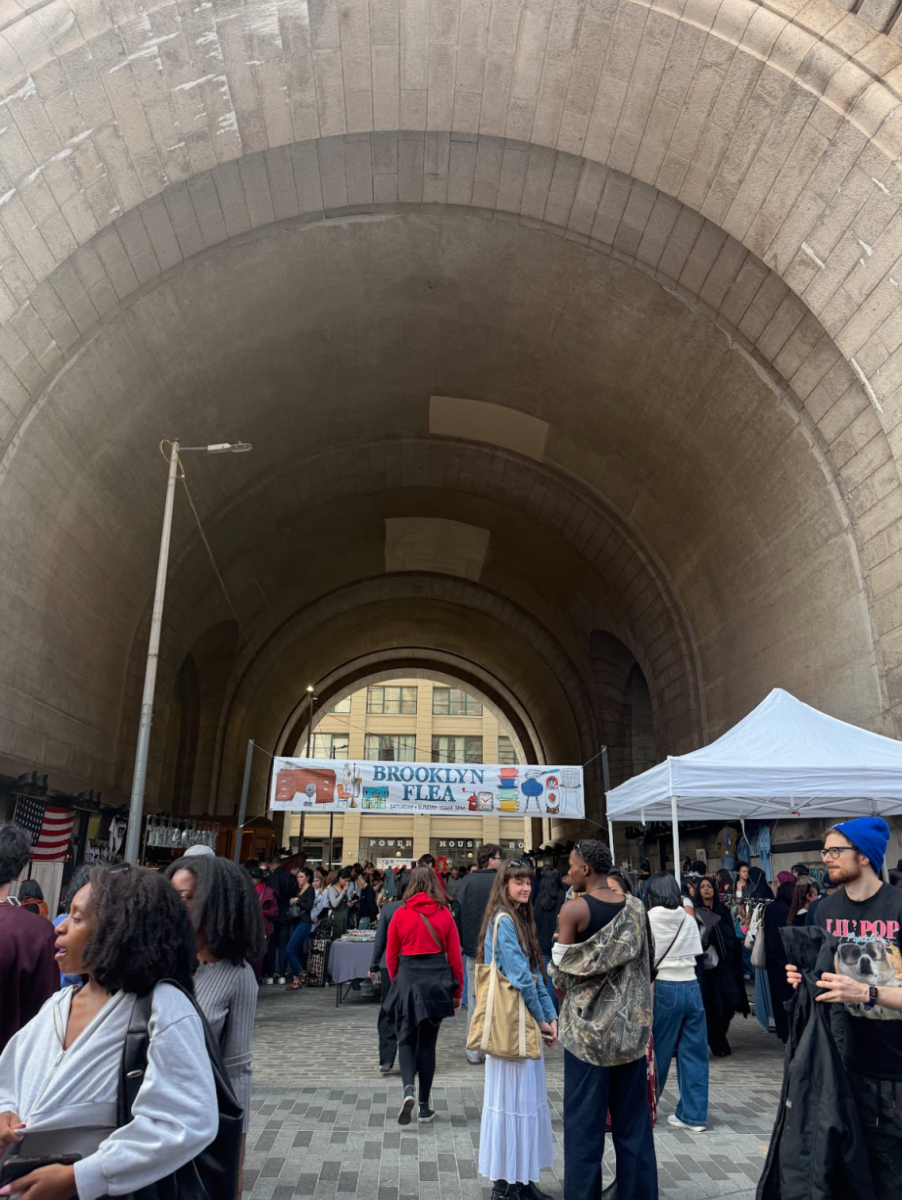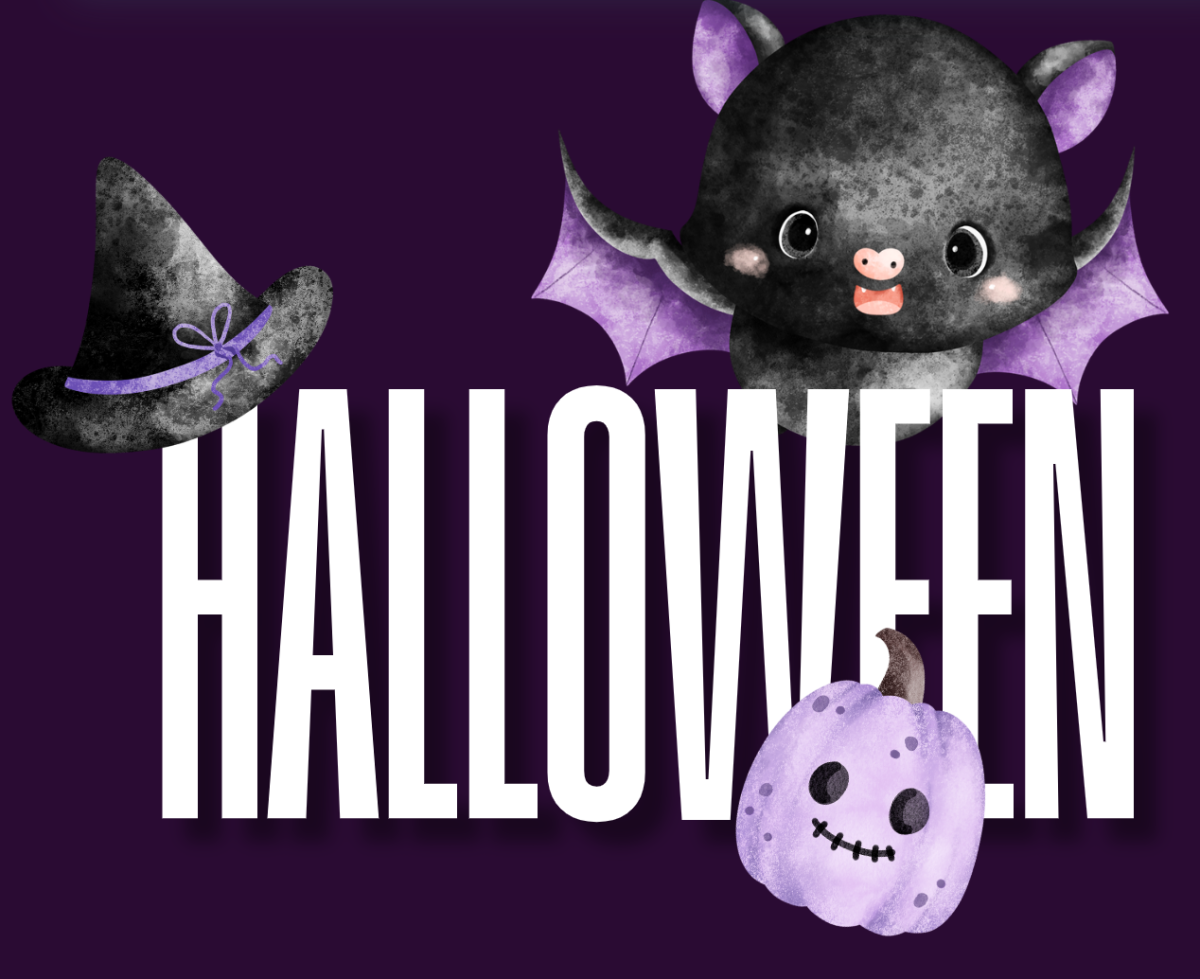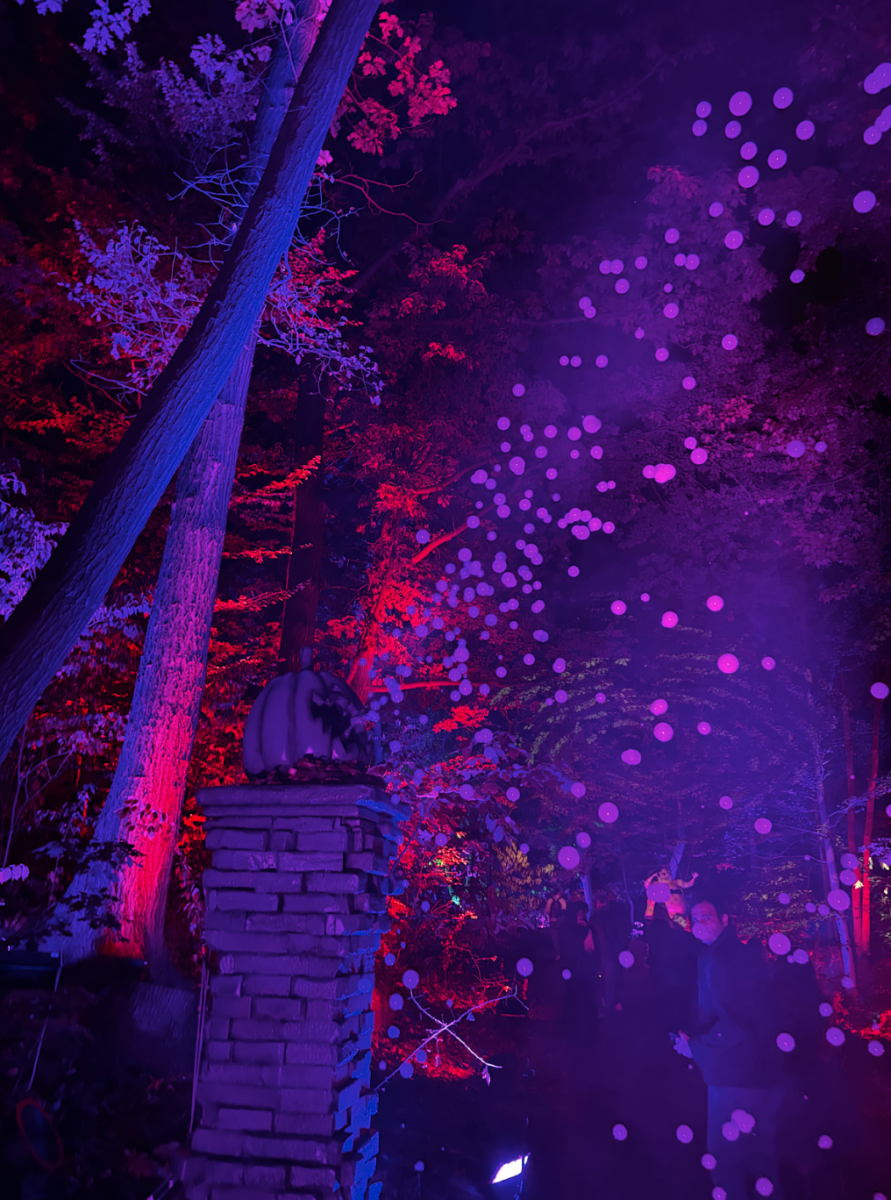By Kieran-Press Reynolds
Travis Scott is known by his followers as a hip-hop maverick and certainly the man to watch in 2018. Since his first studio albums Rodeo and Birds in the Trap Sing McKnight, he has developed an almost spiritual eminence.
He is often praised for his use of the voice-manipulating device Auto-Tune. This tool can be heard in almost every song and feature he has done since his mixtape years.
Through the robotic, hypnotic croons and the splicey, computerized ad-libs, his voice sounds oversaturated, yet precise. Scott’s use of Auto-Tune allows him to spit out pixels with every breath.
His mentor and former manager, Kanye West, pioneered this creative misuse of Auto-Tune on his album 808s & Heartbreaks, and it is now widespread throughout rap and R&B.
Another key component of the Scott formula is his proclivity for featuring other artists on tracks. On Rodeo, he had a stunning cast that included West, Future, 2 Chainz, The Weeknd, Justin Bieber and more.
Some criticize Scott for collaborating with many name brand artists due to a lack of creativity or lack of a vocal personality to pull off a track unassisted. However, others celebrate him precisely for this curatorial ability: a flair for linking together great artists to create great tracks.
With each new record, fans have come to expect a higher and higher quotient of musical aristocrats.
Scott’s new LP Astroworld boasts both some of the most impressive production quality and perhaps the finest roster of all his albums. Although it delivers exhaustively, it also feels like something is missing.
In Rodeo and Birds there was a sense of direction, as though the albums had a sonic destination. In Rodeo, there was a consistent, pleasurable grittiness, and in Birds, that grit is coated with a fruity, melodious gloss.
However, on Astroworld, it’s both like there is nothing new here and like there’s less cohesion. The album feels as if Scott has thrown a sometimes cohesive, sometimes disparate medley of tracks together against the wall, hoping that some will stick.
What especially made Scott stand out in the past was his total realization of the soundscape. Many modern hip-hop artists rap and sing about drug taking and girl-bedding, but very few truly intoxicate the listener like Scott does with his tantalizing textures and head-spinning atmospherics.
His soundscape teems with thick melodies full of reverb and slow warbly percussion bits that glide over the psychedelic, circulating sythesizers. The long decays draped over every soundbite humidify the tracks, making the listener feel like they really are inside this virtual space of drugged-out haze.
Travis and his audio engineers, most notably Mike Dean, understand how to contour a sound space to feel like the mixing channels never stop; each note and bite fading in just as the other peters out to give the illusion that the sounds are surrounding you, as entrancing as an intense acid trip.
Astroworld works best when Scott follows this impulse to the utmost; tracks like “STARGAZING” and “HOUSTONFORNICATION” are among the most intoxicating.
They are both thrilling in their computerized cloudiness as Scott rips through the synthetic air with two of his best hooks on the entire album in “Rollin’, rollin’, rollin’, got me stargazin,’” “Psychedelics got me goin’ crazy” on the former and “I might need me some ventilation, a little vacation, Houstonfornication” on the latter.
Another star track, “ASTROTHUNDER,” features Scott moaning wistfully about his dream life feeling perpetually distant, wrapped in the immaculate production on the entire album that John Mayer and Thundercat engineer a rollercoaster ride of diffused emotion that perfectly matches the overpowering sense of confusion that his vocals convey.
Astroworld breaks down when Scott departs from his trademark sound altogether, like on “YOSEMITE.” Here, Scott ditches his usual shadow-lord aesthetic for a somewhat pop sensitivity. The track would better serve a spring break road trip soundtrack than an atmospheric trap album. With empty vocals, boring features and an instrumental bereft of his usual hypnotic paranoia, it’s a low point for Scott’s oeuvre.
My only other issue is that some of the tracks seem washed-out. With the trap collabs “NC-17” (21 Savage) and “WHO? WHAT!” (Quavo and Takeoff), Scott projects zero authority and each instrumental seems like a premade template rather than a soundscape crafted specifically around each vocalist’s verses and vibe. These tracks come across as afterthoughts made for the sole purpose of having 21 Savage and Migos features on the album.
Despite these complaints, there is much more to like than dislike in the album. With hidden treasure troves at every corner, Astroworld takes you on a thrill-filled ride not unlike a real-life Astroworld roller coaster would.










































































































































































































